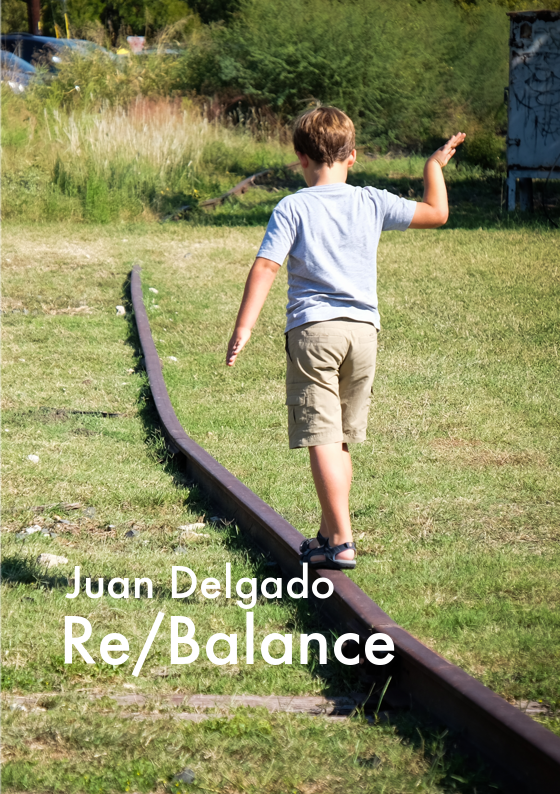
27 Feb 2018
Almost exactly a year ago I twitted:
i might have started writing a book:
INTRODUCTION
Lean development fundamental truth is that you don’t really know what the right solution is. You have hypothesis that you should validate before fully committing to. Agile development favours responding to change over blindly following a plan.
When contracting agencies most clients demand certainty over what is going to be delivered, by when and for how much (fixed scope, fixed deadlines and fixed budget).
This obvious contradiction makes for an interesting set of challenges for anyone working in an agency trying to escape waterfall software development.
Welcome to my world.
I was still living in London, barely a month before moving back to Spain. When I did early March I knew I had a window of opportunity until girlfriend and kids would relocate too.
My window of opportunity lasted until late July and it was just about enough time to write down the basics of the “book”. I have barely touched it since then and I doubt I’m going to have the chance to do so in the near future.
But as you know full well, unreleased products provide zero value to anybody, and I like to think that even this super early, nowhere near finished version has some value. If released. And I’m willing to be ashamed of the first version of my product. So here it is:

This is the main premise:
Client / agency relationships are unbalanced. Clients take most of the risks, but also most of the rewards (if things go well). Agencies barely take any risks, their income almost guaranteed regardless of actual product performance. I believe this is the source of many of the behaviours we see in the industry.
And I also believe that at least some teams, some clients, some products can be done differently. But we need a new kind of relationship based on collaboration, empathy and humility.
Now, I haven’t had time to get anywhere a finished version of what you would call a book, and in a way it’s the hardest part that is missing. But I still think those 70 pages have some value.
If you work in the digital industry you have probably experienced some of the pains described in the book. Re/Balance will probably resonate and hopefully be worth the (voluntary) $2.99 and the time spent reading it.
$$$ is always appreciated, but probably more so at this stage is feedback:
I would love to hear from you! Please swing by Re/Balance home page on my site or through Leanpub.
However far it goes, I’ll be FOREVER GRATEFUL to the early feedback team, particularly Isa, Adam, Gianpi and Narges.
//////
Archive AboutThis work is licensed under a Creative Commons Attribution-ShareAlike 4.0 International License.